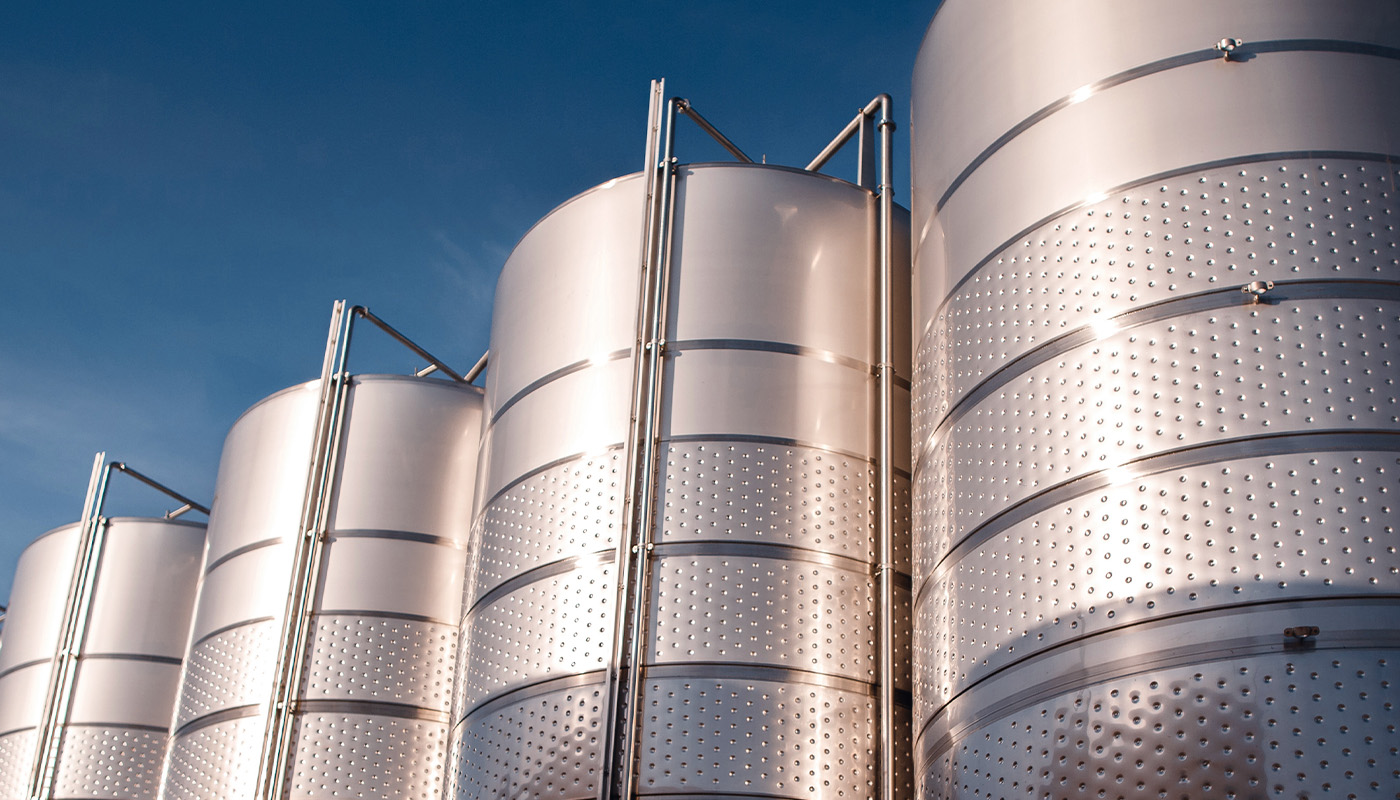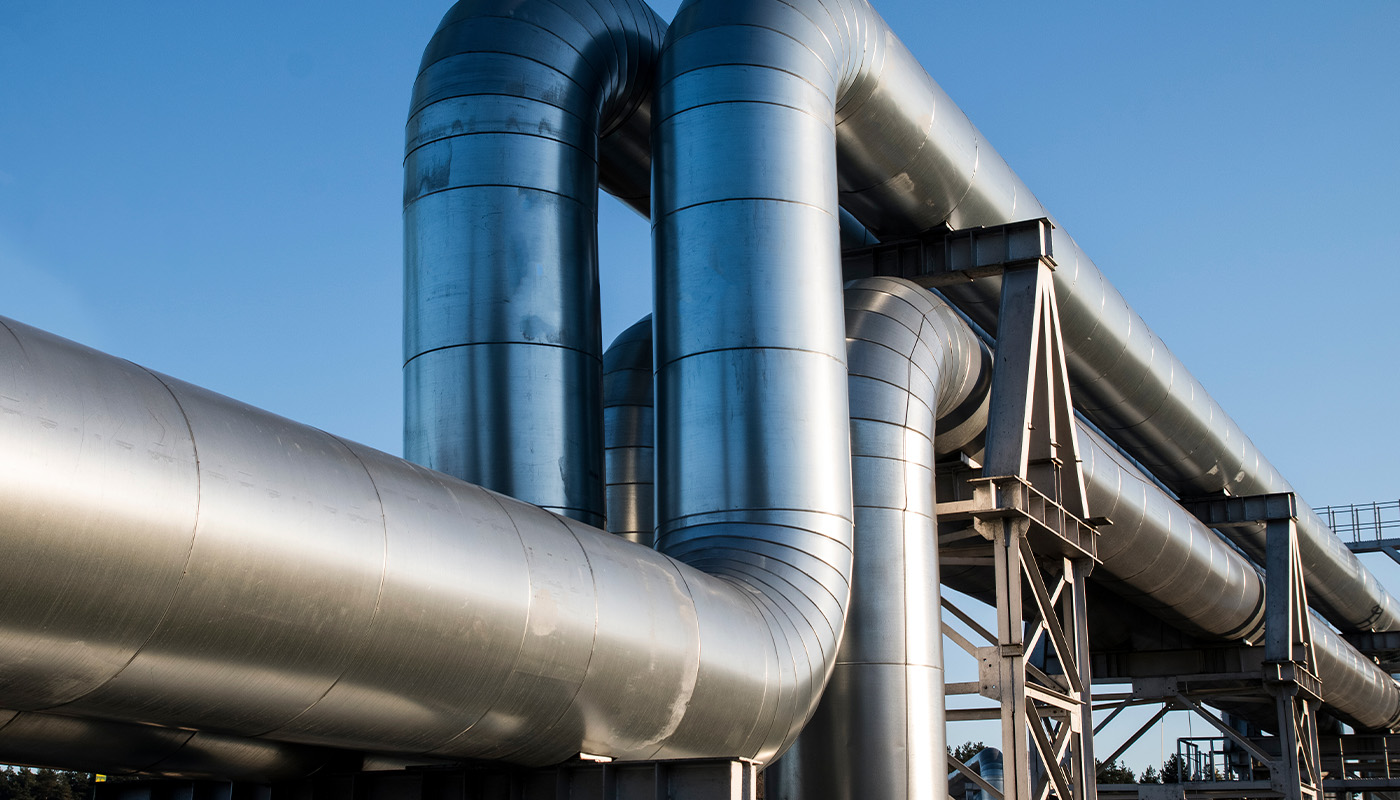The "Mobilizing industrial decarbonization" is an SVG image and requires a developer to change it.
The cards showing countries is from the Locations CMS, additions/deletions/edits should be done there
Global Industry Hub is the platform for collaboration on industrial decarbonization innovation, investment, and impact for funders and pioneering leaders.
We catalyze clean industry
Download the Hub OverviewInvesting at the source
Industry is the backbone of modern life, the highest emitting sector, and the gateway to unlocking rapid, large-scale decarbonization. Investing in scalable solutions is not just an opportunity; it is a necessity. Now is the time for a powerful convergence of breakthrough technologies, forward-thinking policies, catalytic funding, and cross-sector collaboration poised to disrupt entrenched industrial emissions at their source.
With a trusted platform
By bridging expertise, influence, and capital, Global Industry Hub turns ambition into action—building a low-carbon industrial future that is both competitive and sustainable. To transform industry and redefine the foundation of a thriving global economy, the Global Industry Hub is an essential nexus for essential action. Together with catalytic funders, we mobilize and deploy transformative investments that scale real change.
This is climate’s tipping point
%
of global emissions originate from industry, at twice the rate of overall GHG emissions
%
of philanthropic investment goes toward climate and industrial decarbonization
years
to drive impact and meet critical milestones on our roadmap to near zero by 2050
Accelerating action to transform industries
Steel
Steel manufacturing relies heavily on coal-powered furnaces, but efficient alternatives can drastically reduce emissions while maintaining strength and versatility. Decarbonizing steel is both a climate imperative and a major opportunity for emerging economies.
0
Cement
Traditional cement production releases massive amounts of carbon. With global demand for cement continuing to rise, transitioning to low-carbon options will create new avenues for infrastructure development with minimal embodied carbon.
0
GHG emissions
Chemicals
Chemicals are embedded in everything from food production to electronics, yet formulation typically depends heavily on fossil fuels and high-heat reactions. Scaling cleaner solutions will foster innovation and future-proof the sectors that support global commerce.
0
Our 2030 Priorities
Where new markets are made

Source Investing
Heavy industry—steel, cement, and chemicals—is both a cornerstone of economic growth and a major source of emissions. Once considered too hard to decarbonize, these sectors are now being transformed through source investing: funding innovation at the core of industrial processes.
This shift creates new economic opportunities while addressing climate goals. The Global Industry Hub brings together funders, innovators, and policymakers to accelerate this transition and unlock the next wave of industrial and economic transformation.
A legacy we create together
Our team

Hyoeun Jenny Kim
Chief Executive Officer

Hyoeun Jenny Kim
Chief Executive Officer

Adam Bornstein
Chief Operating Officer

Adam Bornstein
Chief Operating Officer
.jpg)
Michael Allen
Chief Development Officer
.jpg)
Michael Allen
Chief Development Officer
.jpg)
Stefanie Held
Chief Strategy Officer
.jpg)
Stefanie Held
Chief Strategy Officer

Shivani Desai
Senior Program Associate

Shivani Desai
Senior Program Associate

Tao Wang
Director of Development and Philanthropic Partnerships

Tao Wang
Director of Development and Philanthropic Partnerships

Claire Bowens
Manager, Development and Philanthropic Partnerships

Claire Bowens
Manager, Development and Philanthropic Partnerships

Scott Shell
Sector Lead - Cement

Scott Shell
Sector Lead - Cement

Kyubin Lee
Executive Assistant to the CEO

Kyubin Lee
Executive Assistant to the CEO









